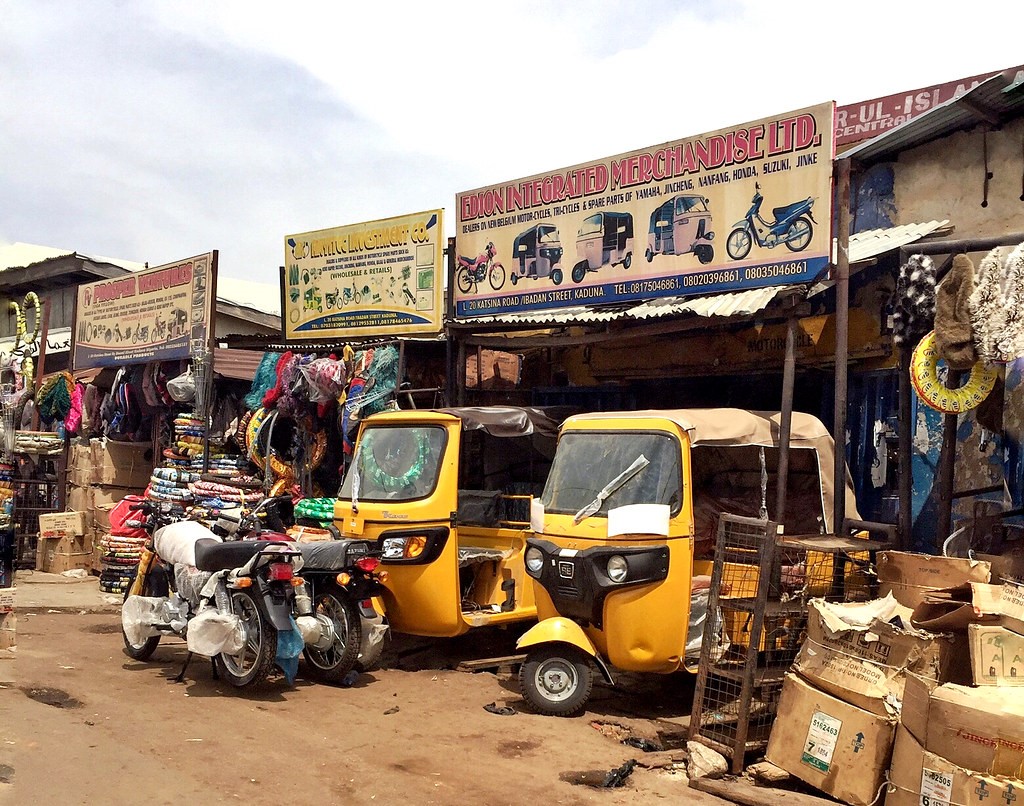Sierra Leone has recently taken a major step toward sustainable urban transportation with the introduction of electric kekes (three-wheeled vehicles). These eco-friendly alternatives to traditional petrol-powered kekes represent a significant move toward reducing carbon emissions and promoting green energy in the country. The arrival of electric kekes not only signals a shift in Sierra Leone’s transportation landscape but also presents new opportunities and challenges for the nation.
The Arrival of Electric Kekes: A Milestone in Green Transport
Electric kekes have been introduced to Sierra Leone as part of a broader initiative to modernize the country’s urban transport system and reduce its environmental impact. These vehicles, which are powered by electricity instead of fossil fuels, are designed to provide a cleaner, more sustainable mode of transport in crowded urban areas.
The introduction of electric kekes is a milestone for Sierra Leone, as it aligns with global trends toward electrification of transport to combat climate change. In many cities, kekes are a common sight, serving as an affordable and accessible means of transportation for the population. By transitioning to electric kekes, Sierra Leone aims to reduce the carbon footprint of its transport sector while also improving air quality in its cities.
Environmental and Economic Benefits
The environmental benefits of electric kekes are clear. Unlike their petrol-powered counterparts, electric kekes produce zero emissions, making them a much cleaner alternative. This is particularly important in urban areas where air pollution from vehicles is a major concern. By reducing emissions, electric kekes can help improve public health by reducing the prevalence of respiratory illnesses linked to poor air quality.
In addition to environmental benefits, the adoption of electric kekes could also have positive economic implications for Sierra Leone. Electric vehicles generally have lower operating costs compared to traditional vehicles because they require less maintenance and electricity is cheaper than petrol. For keke operators, this could mean higher profit margins and more stable income, as they spend less on fuel and maintenance.
Moreover, the shift to electric kekes could stimulate new economic activities related to the manufacture, maintenance, and charging of these vehicles. This could create jobs and contribute to economic growth, particularly if local businesses are involved in the supply chain.
Challenges in Implementation
While the introduction of electric kekes is a promising development, there are several challenges that need to be addressed to ensure the success of this initiative. One of the most significant challenges is the development of the necessary infrastructure to support electric vehicles. This includes the establishment of charging stations in strategic locations across cities to ensure that keke operators can easily recharge their vehicles.
Another challenge is the initial cost of electric kekes, which may be higher than traditional models. This could be a barrier for many operators who may not have the capital to invest in new vehicles. To overcome this, the government and private sector could consider providing financial incentives or subsidies to encourage the adoption of electric kekes.
There is also a need for training programs to equip keke operators with the skills to maintain and operate electric vehicles. This includes understanding the technology behind electric vehicles and learning how to efficiently manage battery life.
Future Prospects and Sustainability
The introduction of electric kekes in Sierra Leone is just the beginning of what could be a broader shift toward sustainable transport in the country. If successful, this initiative could pave the way for the adoption of other electric vehicles, such as buses and cars, further reducing the nation’s carbon footprint.
For Sierra Leone, embracing electric kekes represents a commitment to sustainability and innovation. By investing in green transport solutions, the country is taking a proactive approach to addressing environmental challenges while also creating new opportunities for economic development.





